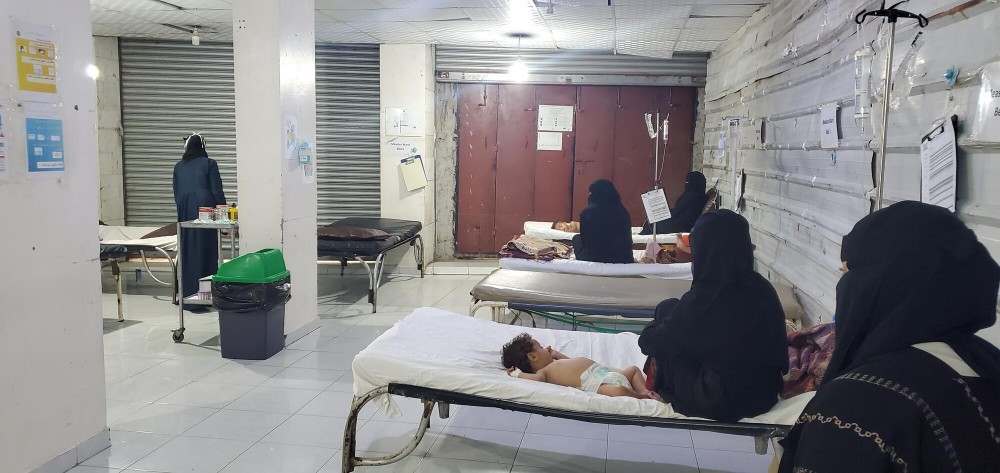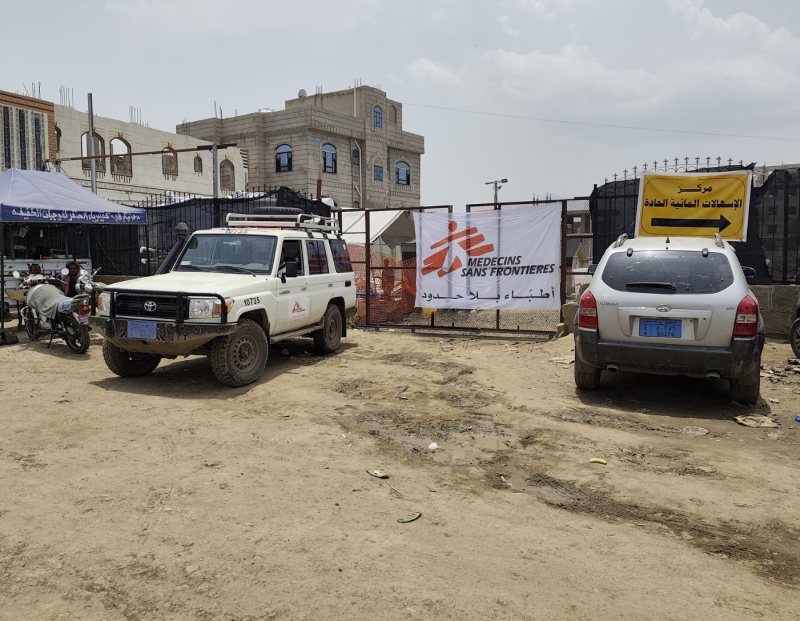Yemen : Alarming Surge in Malaria Cases in Taiz


In a concerning development, the Yemeni governorate of Taiz has reported over 50,000 cases of malaria within a single year. This staggering figure highlights the growing public health challenge posed by the disease in the region, which continues to grapple with the effects of prolonged conflict and limited healthcare resources.
Malaria, a preventable and treatable disease caused by Plasmodium parasites, is transmitted through the bites of infected female Anopheles mosquitoes. The outbreak in Taiz underscores the urgent need for enhanced vector control measures, improved access to medical care, and widespread public health campaigns to combat the spread of the disease.
The situation is further exacerbated by Yemen's ongoing humanitarian crisis, which has strained the healthcare infrastructure and hindered efforts to address preventable diseases like malaria. International organizations and local authorities must collaborate to provide immediate support, including the distribution of insecticide-treated bed nets, access to antimalarial medications, and community education programs.
This alarming rise in malaria cases serves as a stark reminder of the critical importance of investing in public health systems and addressing the root causes of disease outbreaks. Without swift and coordinated action, the health and well-being of thousands of individuals in Taiz and beyond remain at risk.

Al-Ghaydah – The city of Al-Ghaydah, capital of Yemen’s eastern Al-Mahra governorate, witnessed mass demonstrations on Tuesday in suppo…

Aden – Recent data from the International Organization for Migration (IOM) revealed a significant drop in the number of internally displaced…

Ibb – Médecins Sans Frontières (MSF) announced on Monday that it has ended its emergency medical response to acute watery diarr…